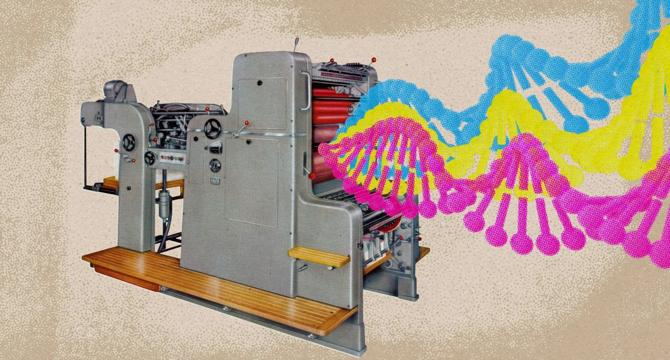TechnologyReview
2w
362

Image Credit: TechnologyReview
An easier-to-use technique for storing data in DNA is inspired by our cells
- Researchers have developed a template-based method for encoding data in DNA, inspired by our cells' chemical processes.
- The new method allows for more efficient storage of 350 bits at a time by encoding strands in parallel.
- The technique leverages methylation, a chemical reaction, to switch genes on and off and represent binary values.
- This DNA storage method has potential applications in long-term archival storage for data such as medical records and financial reports.
Read Full Article
21 Likes
For uninterrupted reading, download the app